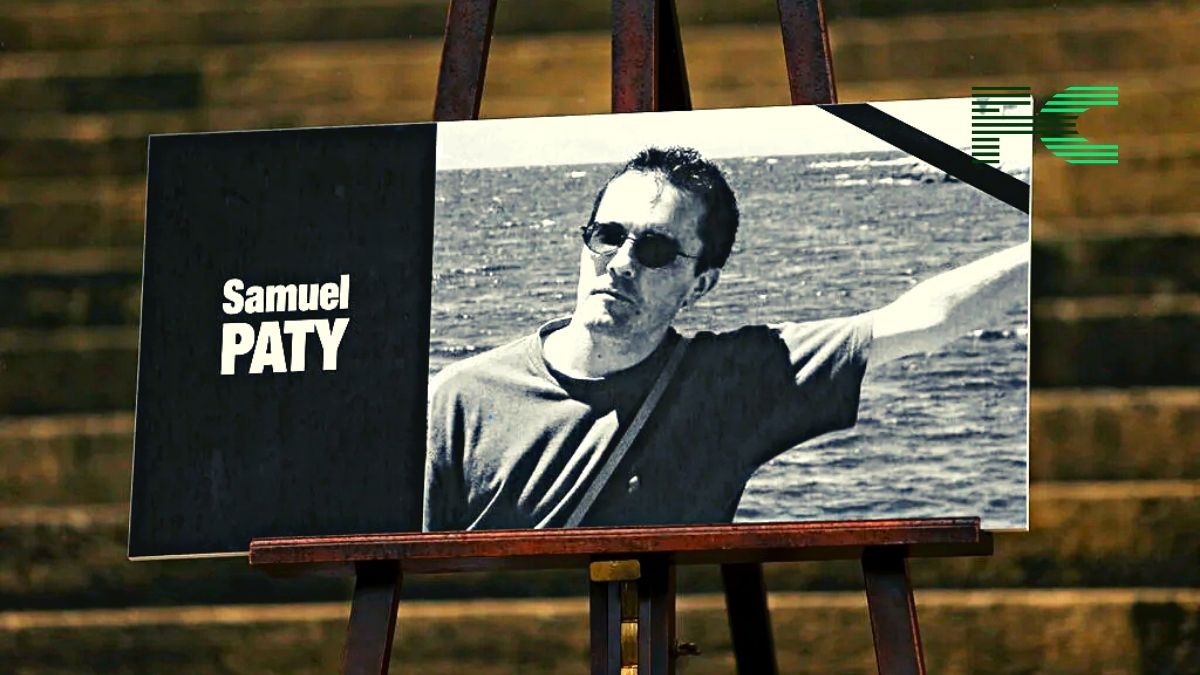The Police Special Fraud Unit has dragged students Timothy Oluwabukola from Moshood Abiola Polytechnic and Anthony Odemerho from Resign Regal Academy to court for allegedly hacking into MTN Nigeria Communication Plc’s systems and stealing airtime and data worth a staggering N1.9 billion.
Why It Matters
While some might argue these students should be offered jobs for their technical prowess, it’s clear that society can’t just celebrate cybercrime. First, they must face justice.
Oluwabukola and Odemerho were arraigned before the Federal High Court in Lagos on Tuesday, charged with four counts, including conspiracy, unauthorized access to MTN’s web-based platform, and unlawful conversion. The police prosecution counsel, Justine Enang, told the court that the students, along with others still at large, committed these offences.

What They Are saying
According to Enang, the alleged crimes took place between January and April 2024 in Lagos and Edo states. The students reportedly hacked into MTN’s Application Programming Interface (API) and siphoned off data, defrauding the telecom giant of N1.9 billion.
These actions, Enang said, violate Sections 27(1)(b); 6(2) and 28(1)(b) of the Cybercrime (Prohibition, Prevention, etc) Act, 2015 as amended in 2024, punishable under Section 8(2) of the same Act. The offences also breach Section 18(2)(b) of the Money Laundering (Prevention And Prohibition) Act, 2022, punishable under Section 18(3) of the same Act.
Despite the serious charges, both defendants pleaded not guilty. Following their pleas, the prosecutor requested a trial date and asked for the defendants to be remanded in custody until the trial.
However, the defense lawyers quickly informed the court that they had already filed bail applications for their clients and had served these on the prosecutor. The prosecutor acknowledged receipt but asked for time to review the applications properly.
In response, Justice Akintayo Aluko adjourned the case until August 5, 2024, to hear the bail applications.
Bottom Line
This case certainly raises questions about the fine line between skill and crime in the digital age. While their technical abilities are undeniable, Oluwabukola and Odemerho’s actions highlights the importance of using such skills ethically. For now, the court will decide their fate, but their story serves as a cautionary tale about the consequences of cybercrime.
















